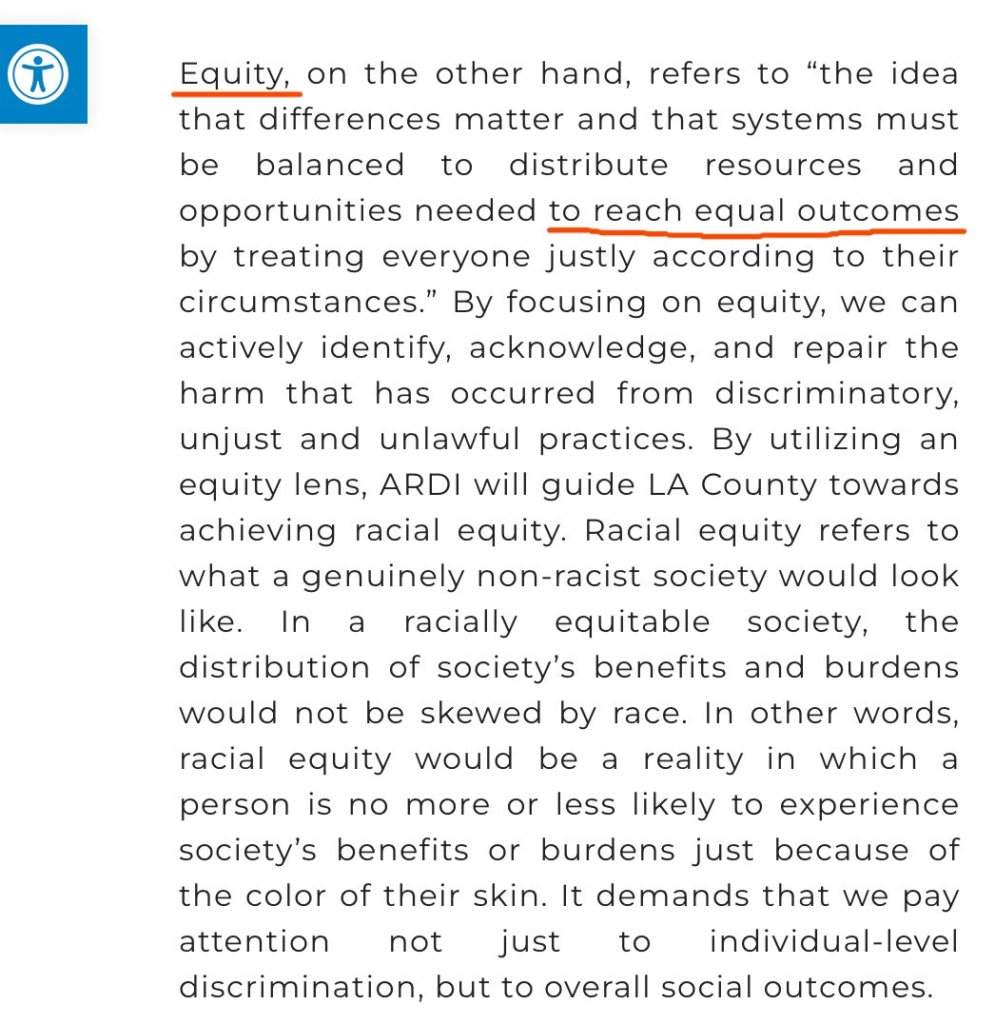In today’s climate, the conversation around racism has reached fever pitch, often sidelining critical issues that equally deserve our attention. As we navigate this complex landscape, it’s essential to dissect the narrative that places anti-racism as the ultimate panacea for society’s ailments, at the expense of recognizing other significant factors such as cultural differences, family structure, and individual responsibility. This piece ventures into the heart of the matter, offering a perspective that challenges mainstream ideologies and invites a broader dialogue on societal resilience and values.
Multiculturalism writ large. Outcomes based on other factors, such as cultural differences, must be set aside and ignored in order to focus obsessively on race. The fact that individuals in one racial demographic happen to bear the consequences of absentee fatherhood, single parent homes, and generational welfare dependency to a greater degree than individuals belonging to another racial demographic must be ignored in order to blame all (or most) of society’s ills on racism. When you possess a myopic view of racism (or any other type of discrimination) as the cause of society’s ills there is no room left for work ethic or other factors to have impacted those same outcomes. Work ethic must be sacrificed at the altar of anti-racism, along with a good many other characteristics that every society requires in order to endure.
Rep. David Eastman
The question we are left to ask is simply this:
When the society that worships at the altar of anti-racism ceases to endure, as there is logically no other possible outcome, which competing society will step in to fill the vacuum, and what is it about that society that is preferable to our own? Existing societies subsume those that fail to endure.
The Myth of Anti-Racism as a Cure-All
The current discourse posits racism as the root of all societal ills, overshadowing the multifaceted nature of social challenges. This reductionist view ignores the nuanced realities of issues like absentee fatherhood, single parenthood, and the cycle of welfare dependency, which disproportionately affect certain demographics. By focusing solely on racism, we risk neglecting the importance of work ethic and personal responsibility—elements crucial to any society’s endurance.

The Consequences of a Singular Focus
When anti-racism becomes the sole lens through which society’s problems are viewed, other vital characteristics are unfortunately relegated to the sidelines. The emphasis on race alone fails to account for the complex interplay of factors that contribute to social outcomes. This singular focus not only simplifies the narrative but also hinders the possibility of meaningful progress by ignoring the diversity of experiences and challenges faced by individuals across different backgrounds.
The Inevitable Outcome: A Society at a Crossroads
The pressing question arises: what happens when a society, so consumed by the pursuit of anti-racism, finds itself struggling to endure? History shows us that societies unable to adapt and address the root causes of their issues are often overtaken by those that can. This possibility beckons us to consider what we might be sacrificing in our quest to address racism to the exclusion of all else. Are we inadvertently undermining the very foundation of our society by neglecting other critical factors that contribute to its strength and resilience?
Advertisement: With your support, we can ensure that every child is given the chance to live. Your donation helps fund pro-life education, advocacy, and direct support to mothers and babies. Donate today and be part of the solution. Defend the Unborn – Support Our Cause.
To navigate this complex terrain, we must broaden our perspective and consider a more holistic approach to addressing societal issues. This means acknowledging the role of cultural differences, family dynamics, and individual choices in shaping outcomes. It’s not about diminishing the importance of combating racism but about recognizing that the fabric of society is woven from a multitude of threads, each deserving attention and action.
FAQs
Q: Isn’t focusing on racism necessary to address inequality?
A: Absolutely, addressing racism is crucial. However, it’s equally important to recognize and tackle other contributing factors to inequality, such as economic disparities, education access, and family stability.
Q: Can we really make progress without prioritizing anti-racism?
A: Progress requires a balanced approach that includes anti-racism efforts alongside initiatives aimed at strengthening families, improving education, and fostering economic opportunities for all.
For the Reader: Considerations for Action
As members of society, our actions and perspectives can shape the future. Engaging in informed dialogues, supporting policies that address the full spectrum of social challenges, and fostering community initiatives that strengthen family structures and work ethic are steps we can take towards a more resilient society.
In addressing the complexities and divisions brought about by identity politics, a fitting Bible verse that highlights the call for unity beyond our differences is Galatians 3:28: “There is neither Jew nor Greek, there is neither slave nor free, there is no male and female, for you are all one in Christ Jesus.“
This verse serves as a poignant reminder that in the pursuit of a just and equitable society, our shared humanity and identity in faith transcend the divisions sown by identity politics. It encourages us to look beyond superficial differences and to come together in mutual respect and understanding, fostering a community where every individual is valued for their inherent worth rather than categorized by societal labels.
Key Takeaway: Embrace a holistic approach to societal challenges, recognizing the importance of addressing racism while also valuing family, work ethic, and personal responsibility.
Check back for updates on this ongoing conversation, and remember, the strength of our society lies in our ability to adapt, reflect, and act with wisdom and courage.
